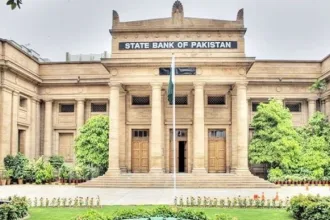Pakistan’s government is considering changing the Income Tax Ordinance Section 111 (4), allowing citizens to bring in up to $100,000 from abroad without disclosing the income source.
The Federal Board of Revenue (FBR) cannot question the income source if foreign exchange remitted from outside Pakistan doesn’t exceed Rs5 million in a tax year and is cashed into rupees by a scheduled bank. The proposal suggests replacing “Rs5 million” with “$100,000, ” significantly increasing the importable amount. The government views this strategy as attracting billions of dollars in the next fiscal year.
The proposed changes have been met with differing views. Some see it as a perpetual tax amnesty scheme, while others consider it an alternate means to arrange precarious foreign currency, thus avoiding default. However, as Pakistan has committed not to offer further tax amnesties to the International Monetary Fund (IMF), this policy could be seen as a violation of that promise.
The proposal comes when Pakistan struggles to restore its IMF deal. The hope is that this new policy can provide a temporary respite until a new IMF program is agreed upon. However, complications could arise from the IMF’s concerns about Pakistan’s budget and revenue estimates for the next fiscal year. International financial institutions may suggest Pakistan undergo debt restructuring to qualify for a new bailout package.
Adding to the complexity, the Reform and the Revenue Mobilization Commission (RRMC) proposes a different amendment to Section 111, aiming to tax all undocumented assets in the year of discovery. This contrasts the government’s proposal, which is seen as lenient towards those not declaring their hidden assets.
In conclusion, the proposed amendment could either serve as a major financial boost for Pakistan or complicate its economic situation further, depending on how international financial institutions, especially the IMF, react to this shift.






